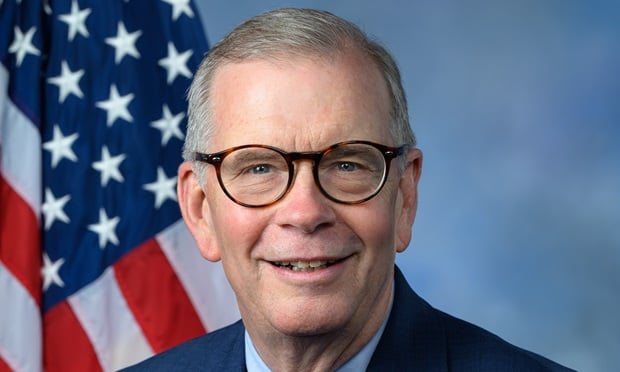The coronavirus-fueled recession will force 3.1 million older workers into poverty when they retire, and all ranges of earners — even those on the high end — will be affected, according to a new report issued by an economics policy research group.
Middle-income older American workers will be "hardest hit" by COVID-19 of those from different earnings-range groups, says the report from The New School Retirement Equity Lab. This is because "middle earners" are being "hit from both sides," meaning they're suffering both substantial job losses and stock market losses all at once, according to The New School's website summary of its Retirement Equity Lab report.
Recommended For You
Complete your profile to continue reading and get FREE access to BenefitsPRO, part of your ALM digital membership.
Your access to unlimited BenefitsPRO content isn’t changing.
Once you are an ALM digital member, you’ll receive:
- Breaking benefits news and analysis, on-site and via our newsletters and custom alerts
- Educational webcasts, white papers, and ebooks from industry thought leaders
- Critical converage of the property casualty insurance and financial advisory markets on our other ALM sites, PropertyCasualty360 and ThinkAdvisor
Already have an account? Sign In Now
© 2025 ALM Global, LLC, All Rights Reserved. Request academic re-use from www.copyright.com. All other uses, submit a request to asset-and-logo-licensing@alm.com. For more information visit Asset & Logo Licensing.









